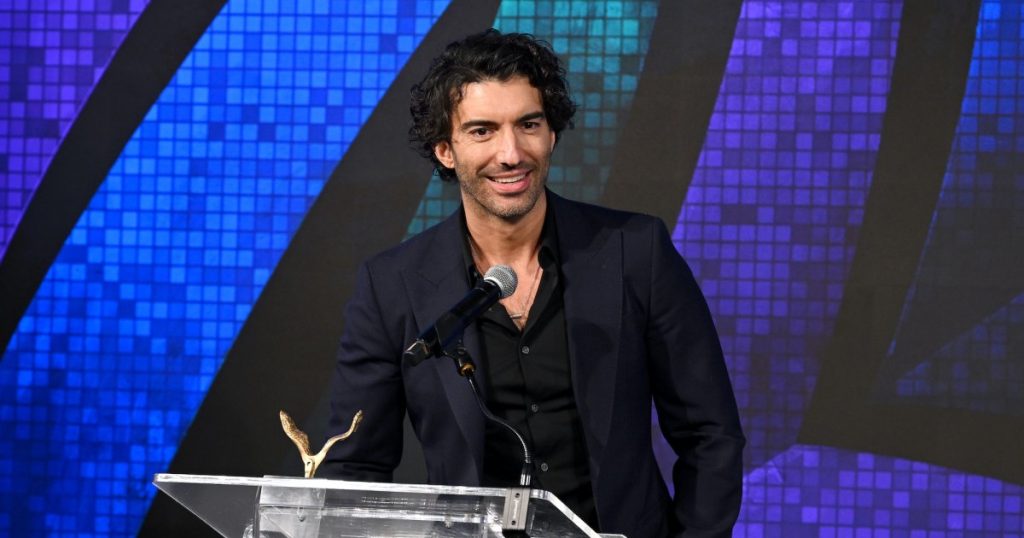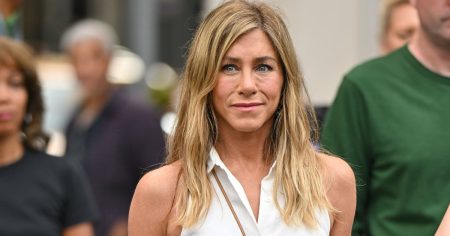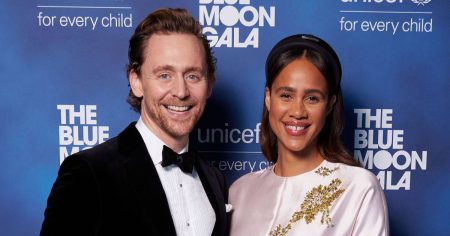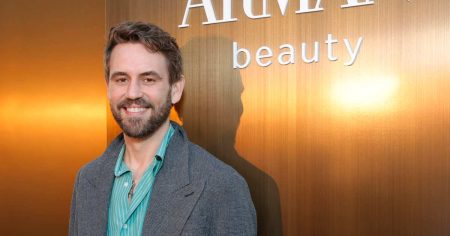The entertainment industry was rocked by a scandal in December 2024 involving actor and director Justin Baldoni and actress Blake Lively, culminating in Baldoni’s dismissal from William Morris Endeavor (WME), one of Hollywood’s most powerful talent agencies. The controversy stemmed from Lively’s sexual harassment lawsuit against Baldoni, filed on December 20, 2024, alleging that his behavior on the set of their film “It Ends With Us,” which Baldoni directed, produced, and starred in alongside Lively, created a hostile work environment and caused her severe emotional distress. Lively’s lawsuit detailed a litany of inappropriate behaviors she attributed to Baldoni, including displaying nude videos and images of women, discussing his alleged past “pornography addiction,” boasting about sexual conquests, making comments about the genitalia of cast and crew members, inquiring about Lively’s weight, and making insensitive remarks about her deceased father.
The tension between Lively and Baldoni reportedly escalated to the point of requiring a meeting during the film’s production in January 2024. This meeting, attended by several individuals involved in the film, including Lively’s husband, actor Ryan Reynolds, aimed to address Lively’s concerns and establish a more professional working environment. Lively’s demands during the meeting, as outlined in the lawsuit, centered around ceasing the aforementioned behaviors she found offensive and creating a respectful atmosphere on set. The lawsuit and subsequent fallout underscore the ongoing struggle to address issues of sexual harassment and power dynamics within the entertainment industry.
The public response to the allegations was swift and divided. Baldoni’s attorney, Bryan Freedman, vehemently denied the accusations, characterizing them as “completely false, outrageous and intentionally salacious,” and suggesting that Lively’s lawsuit was a calculated attempt to salvage her reputation and reframe the narrative surrounding the film’s production. Freedman further claimed that Lively had engaged in disruptive behavior on set, making various demands and threats, including threatening not to appear for filming or promote the film if her demands were not met. This countersuit narrative painted Lively as the aggressor, wielding her star power to manipulate the production.
Lively, in turn, accused Baldoni’s team of orchestrating a smear campaign against her, engaging in what she described as “astroturfing,” a practice of masking the sponsors of a message or organization to make it appear as though it originates from and is supported by grassroots participants. This claim of orchestrated backlash further complicated the narrative, highlighting the potential for manipulation and retaliation within the industry when accusations of misconduct are made public. The conflicting accounts created a he-said-she-said scenario, making it challenging to discern the full truth amidst the accusations and counter-accusations.
The fallout from the lawsuit extended beyond the legal battle, significantly impacting Baldoni’s professional life. WME’s decision to drop him as a client, just one day after Lively filed the lawsuit, signaled the seriousness of the allegations and the agency’s desire to distance itself from the controversy. This move underscored the potential career-damaging consequences of such accusations, even before any legal judgment is reached. The situation highlighted the growing sensitivity within the entertainment industry to issues of misconduct and the increasing willingness of powerful institutions to take decisive action against individuals accused of such behavior.
The case of Lively and Baldoni serves as a stark reminder of the complexities and challenges surrounding allegations of workplace harassment. The conflicting narratives, accusations of retaliatory tactics, and the involvement of high-profile individuals within the entertainment industry intensified the public scrutiny of the case. It remains a case study in how accusations of misconduct can unravel careers, spark public debate, and underscore the ongoing need for greater accountability and transparency in addressing workplace harassment within the entertainment industry and beyond. The long-term consequences for both Lively and Baldoni remain to be seen, as the legal proceedings and public discourse continue to unfold.










